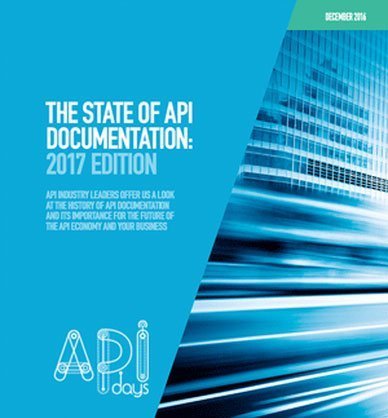
As part of co-operation with apidays conferences, and apidays Helsinki 2020, a joint online event was held in collaboration with Joint Research Centre of the European Commission on public and private sector co-design on API development.
After presentations by public sector organizations from around Europe, a panel discussion summarized and aimed to answer the questions coming from these public sector organizations.
Private sector seasoned API experts Alan Glickenhouse (IBM) and Marjukka Niinioja (Osaango, panel chairperson), as well as Lorenzino Vaccari (European Commission, JRC consultant) discussed API-related questions presented by the public sector speakers in part II as well as topics brought on by the audience.
Panel concentrated on questions related to lifecycle management, discoverability, API design and security.
Part 1 : How should you handle API change management?
Part 2 : What is the impact of distributed architecture to API lifecycle?
How to discover public and private-sector APIs?
Questions for the panel:
- Are there any examples of public and private sectors creating common arenas to discuss and maybe provide API catalogues?
- Or is the trend going in some other direction, like public sector only API catalogues etc?
- Are the API catalogues the only relevant topic for discoverability?
Glickenhouse: There are many discussions around marketplaces and other means for exchanging APIs. One of the most interesting topics is a concept of collecting a customer journey approach that might involve public and private APIs around the same solution that the customer is trying to achieve. For example, moving your house is an example of a customer-oriented solution that requires everything from the movers to the changes in government registers to take place. In API discoverability this gets interesting. For example, ProgrammableWeb is just a list of APIs, there is no verification of the APIs, it is just a way to find an API. The consumers of a marketplace want to know if the API is “good”: can it be trusted; how does it scale? Are you as a marketplace owner ready to verify the APIs you provide? We are seeing this already in the telecom industry and I think this is going to be a trend.
Niinioja: Ecosystem journeys are very important, this is something I can see for example when training public and private sector professionals in the same training sessions, the idea of a joint journey opens their eyes to new thinking. Many times, the APIs and the data already exist to make these kinds of journeys available, but the companies do not know that the public sector is providing such service. Even if the APIs were known, the question is can they be reliably used? Often there are no SLAs, service level agreements, provided for public sector APIs. The API catalogues are not API management solutions with rate limits and such.
Vaccari: the European Commission published the Communication on a European Data Strategy, related to the “Europe Fit for Digital Age” priority. The strategy aims to make it possible to exchange data sets between public and private sectors. We try to find the areas through research where we could find the most valuable areas of data that need common datasets and common APIs. In our research at the Joint Research Centre, we have found that some government API providers ask for a common marketplace to share information about these resources and the above mentioned Communication goes into this direction by proposing, the use of common data spaces which adheres to rules that are directly derived from fundamental European values. APIs are the missing piece that could help a lot in supporting the interoperability among dataspaces, to retrieve data from heterogeneous resources and to share these data to build applications on the top of the data spaces. We need to get the policy makers to understand that APIs are really needed to make these datasets and organizations to interact and understand which datasets are available and good. The major final goal of the use of APIs is the creation of innovative, efficient and effective public services around these data.
Glickenhouse: There are some standards and guidelines on how to set up service levels etc., but there are business issues to solve first. The challenge is the business relationship between these organizations. Historically, there has been a long discussion between organizations and at the end an access is given to the API. But in a marketplace, can we solve the questions of how to work together and have a business relationship? The existing portals do not typically handle the business relationship. Marketplaces are starting to experiment with that. If we find a way that works for 80%.
Niinioja: In Finland we have had the traditional solution for this, the “sauna”. It has traditionally helped to make faster business decisions, but it does not really scale for APIs. In Finland we have had these cases and examples where the business relationship and onboarding to public sector APIs requires to fill a lot of word documents and forms and it takes a lot of time to apply for access to the API.
Part 4 : Can we have APIs with different data models in the same marketplace?









